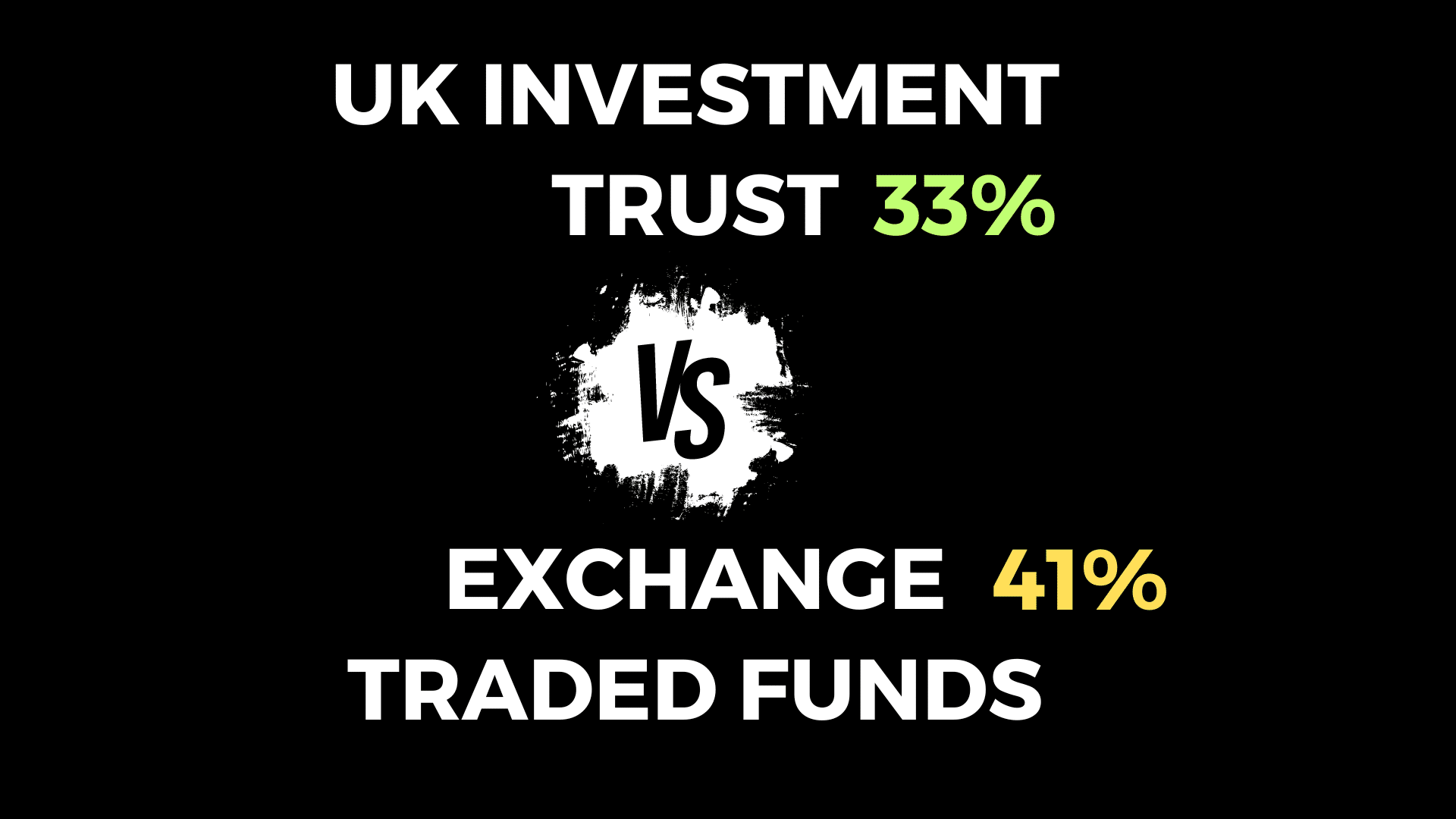A change in the taxation of profits made from investing in Ireland rarely makes it onto the agenda for discussion each time the budget rolls around each year, despite the current system not being suitable to help people save and invest for some of life’s biggest events such as buying your first house.
In this blog post, we will look at my theory why this is the case.
The UK and the US have got it right
When we look at some of our neighbours at the other side of the Atlantic and Irish Sea, we can’t be allowed for feel a bit disgruntled.
In the UK, investors and savers have the option of opening a number of different Individual Savings Accounts (ISAs), most popular of which is probably the Stocks and Shares ISA where you can make a £20k contribution each year which can then grow completely tax free.
Similarly the US have Roth IRAs which allow then to contribute between $6,500-$7,500 per annum, which can then grow tax free.
The beauty of these, investment vehicles is they still allow the individual to take full autonomy of their investments and decide exactly in what stocks, or ETFs to allocate their funds to. Unfortunately we don’t really have any suitable equivalent in Ireland.
If you compare this to Ireland, we only get a minimal annual tax free exemption of €1,270 per annum, which has not changed in a very long time. Then if you decide to take a more cautious approach to investing by simply buying some units of a fund that tracks an index such as the S&P 500, you’ll be punish with a higher tax rate of 41% and your unrealised gains being taxed after 8 years through the deemed disposal rule.
Why there is no political appetite for change
Did you know that you can actually go and check what assets your local politician owns, such as land, houses, and even stocks/shares? This is all listed annually on the Register of Members’ Interests.

I decided to do a bit of analysis on this register to see how many of our roughly 160 TD are reported to own shares in publicly listed companies.
Unfortunately, as I suspected, there is quite a low number of TDs who own shares – I counted just 11, and 3 of these were due to the TDs owning shares due to a stock compensation scheme run by a former employer.
From the rest I could see the likes of Richard Bruton who owned shares in many Irish companies such as AIB, CRH, Kingspan, etc. Sean Haughey was the most active investor with over 29 different shareholdings in many popular US tech companies such as Google and Amazon.
So we just 5% of TDs that could potentially have an interest in making real changes in this area and for this reason I think we are going to be stuck with rules for many years to come unless a new government decides to make wholesale changes in the future.
There have been some action groups who have lobbied government in the past, but with very little success.
Disclaimer: This blog post is for informational and educational purposes only and should not be construed as financial advice.







